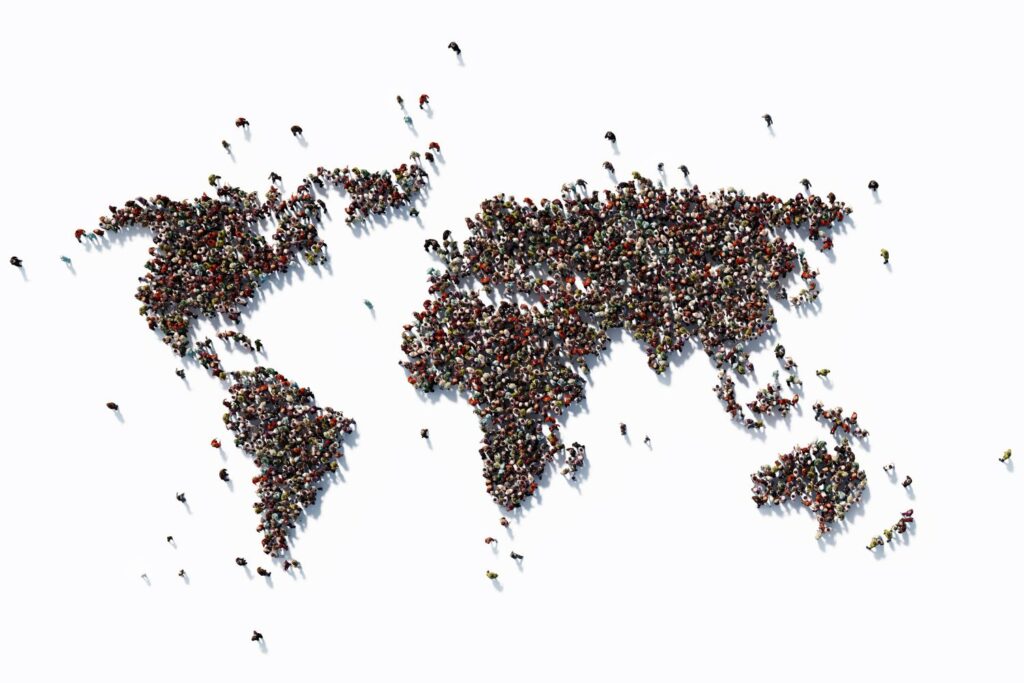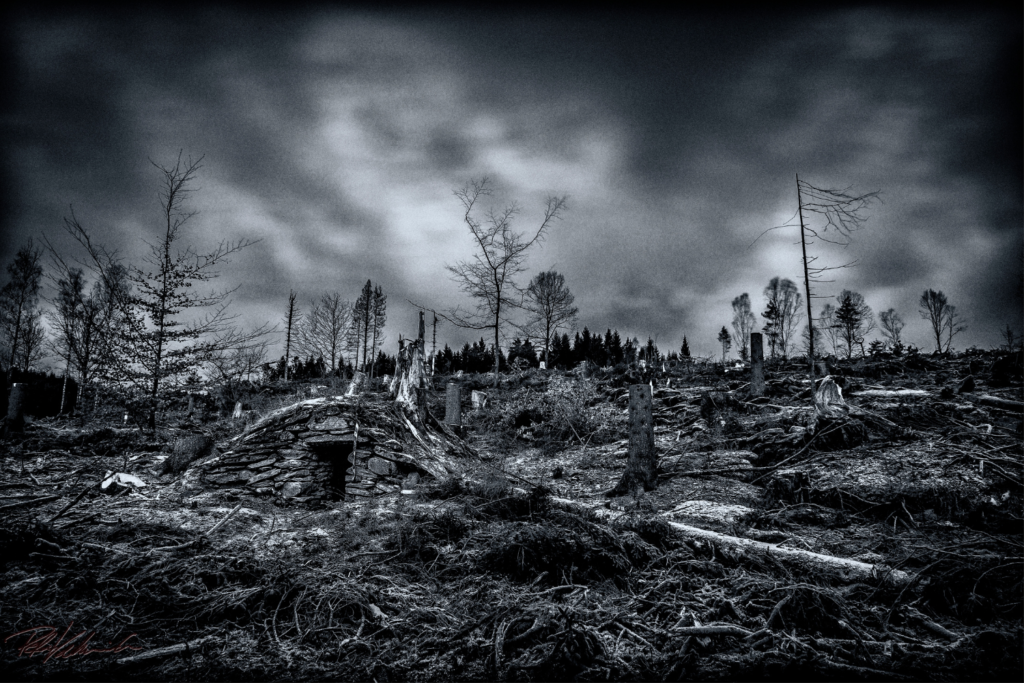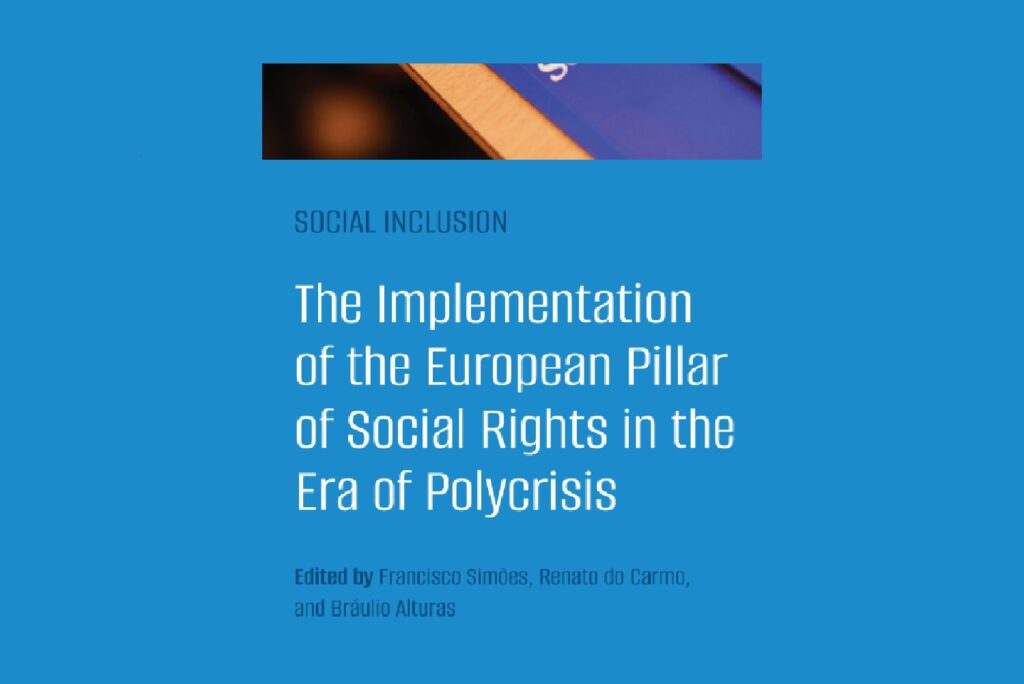The Weaponization of Emerging Technologies and Their Impact on Global Risk: A Perspective from the PfPC Emerging Security Challenges Working Group
The authors examine how emerging technologies, such as artificial intelligence, synthetic biology, quantum computing, and neurotechnology, are reshaping global security risks. The study argues that traditional threat-based security models are inadequate for addressing the complex, transnational, and increasingly weaponized nature of these technologies. The authors propose a shift toward risk-based frameworks that emphasize resilience, systemic […]










